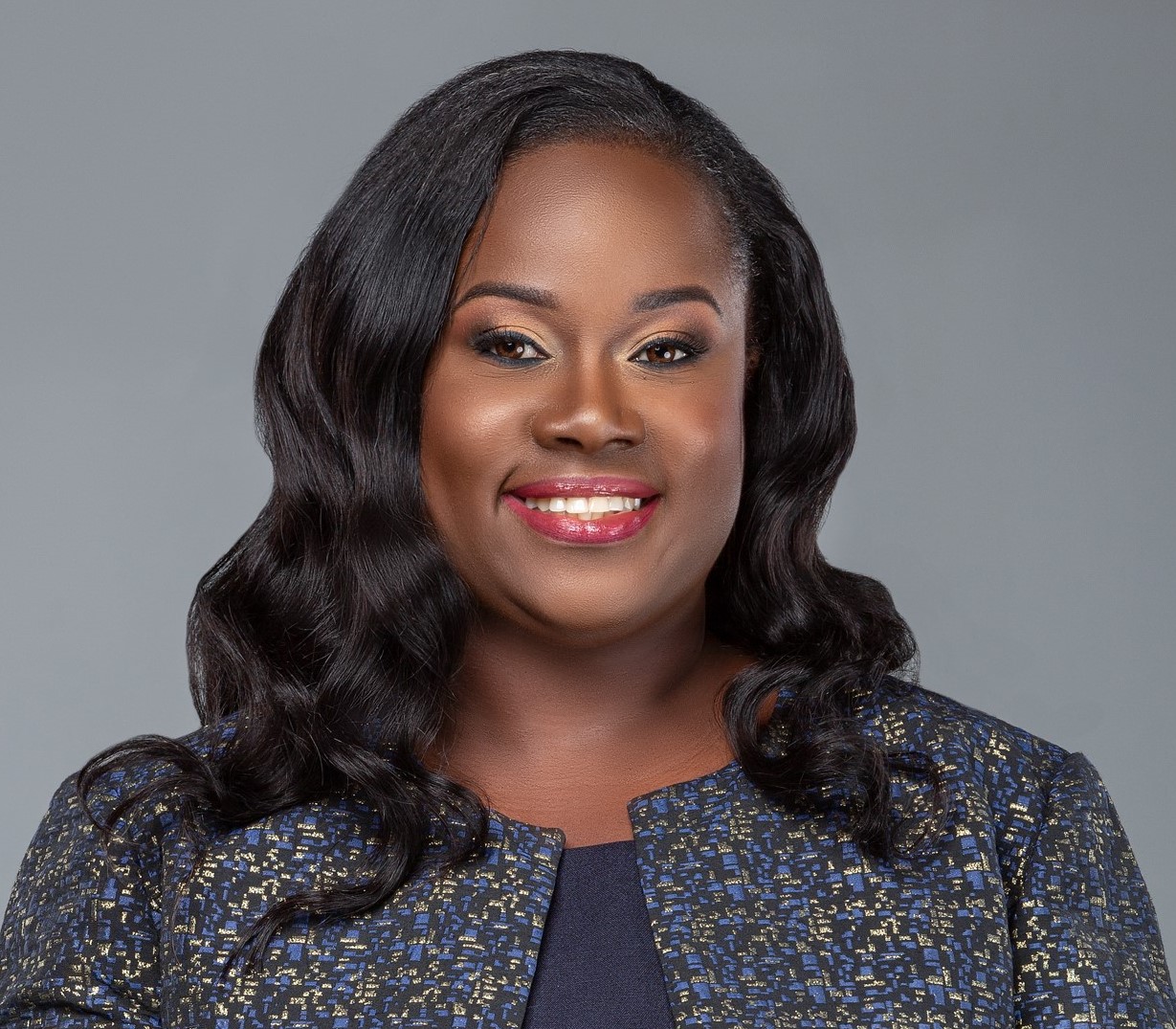Nassau Bahamas, 18 September 2023- The Finance in Common Summit recently held in Colombia gathered national development banks (NDBs), including The Bahamas Development Bank (BDB), and emphasized the major role they play as a link between international and domestic finance related to project development financing and micro, small and medium enterprises (MSME) lending.
The event noted that $4-5 trillion is needed annually for the sustainable development goals (SDGs) to be accomplished globally, private finance will be key to sustainable, inclusive development and NBDs can lead in de-risking and structuring opportunities that are attractive to private financiers. It also stressed that the global focus on SDGs related to factors such as inclusion, climate and gender must consider the unique needs of small island developing states (SIDS) such as The Bahamas.
The Bahamas Development Bank’s Manager of Strategic Development and Initiatives, Sumayyah Cargill, was invited to speak on a panel organized by the European Investment Climate Reform Facility at the summit alongside representatives from Belize, South Africa, and France. President of the Caribbean Development Bank, Hyginus Leon, delivered the keynote address. During Ms. Cargill’s presentation on the impact of technical assistance, she underscored the importance of a strong NDB to progress national economic and social goals.
BDB has positioned itself as the bridge to channel international funding to meet national needs. The bank’s steady growth has resulted in the implementation of necessary structures and increased its capacity to engage with international funders and lead in both packaging projects and bundling smaller projects to attract private financing.
Ms. Cargill said, “SIDS have unique vulnerabilities. We are tasked with building resiliency for the increasingly devastating impacts of climate change while also trying to lift the standards of living for our people. These challenges can be transformed into opportunities with the right investments. However, weak project implementation capacity and a deficit in bankable projects are holding back growth. A well-functioning development bank is a robust mechanism to execute policy driven projects and channel financing to sustainable development. BDB is rising to that challenge with the support of the international community. In the last four years, we have created new policies and programs, integrated the SDGs into operations and have committed to climate and gender equitable financing. We are confident that we have laid a foundation that will see us become a regional leader in innovative, sustainable financing.”
BDB’s improved structuring and increased capacity has been supported by partners such as the Caribbean Development Bank, Green Climate Funds’ readiness program, United Nations Women and Investment Climate Reform Facility.
Highlighting the bank’s recent unveiling of international financing opportunities for creatives, Ms. Cargill added, “long term relationships with multilaterals can have rebounding impact. From our experience, there is a direct line between technical assistance from multilateral to real opportunities for entrepreneurs.
“BDB has far to go but already has a lot to share in many areas. We recognize how important it is for us to not just act as a channel for funding but for mainstreaming SDGs, climate, and gender equitable principles into the wider economy. As a NDB, we are learning to lead in transmitting the values set at the international level because we are that critical bridge.”
BDB is seeking accreditation as the first national direct access entity for the Green Climate Fund, is the national coordinating authority for Build Bank Better, a joint SDG fund project, is a member of the National Climate Change Committee, and was elected to chair the SDG Technical Committee for Economic Prosperity in the Office of the Prime Minister.
Ms. Cargill underscored, “Well-executed technical assistance is a major driver of BDB’s growth. Likewise, partnerships are core to who we are and we remain open to collaborating on solutions to the challenges we face, and to do mutually-beneficial business. Strengthening The Bahamas Development Bank strengthens The Bahamas.”
Photo Caption
The Bahamas Development Bank’s (BDB) Manager of Strategic Development and Initiatives, Sumayyah Cargill, stands third from left. Ms. Cargill was invited to speak on a panel organized by the European Investment Climate Reform Facility at the 4th edition of the Finance in Common Summit.
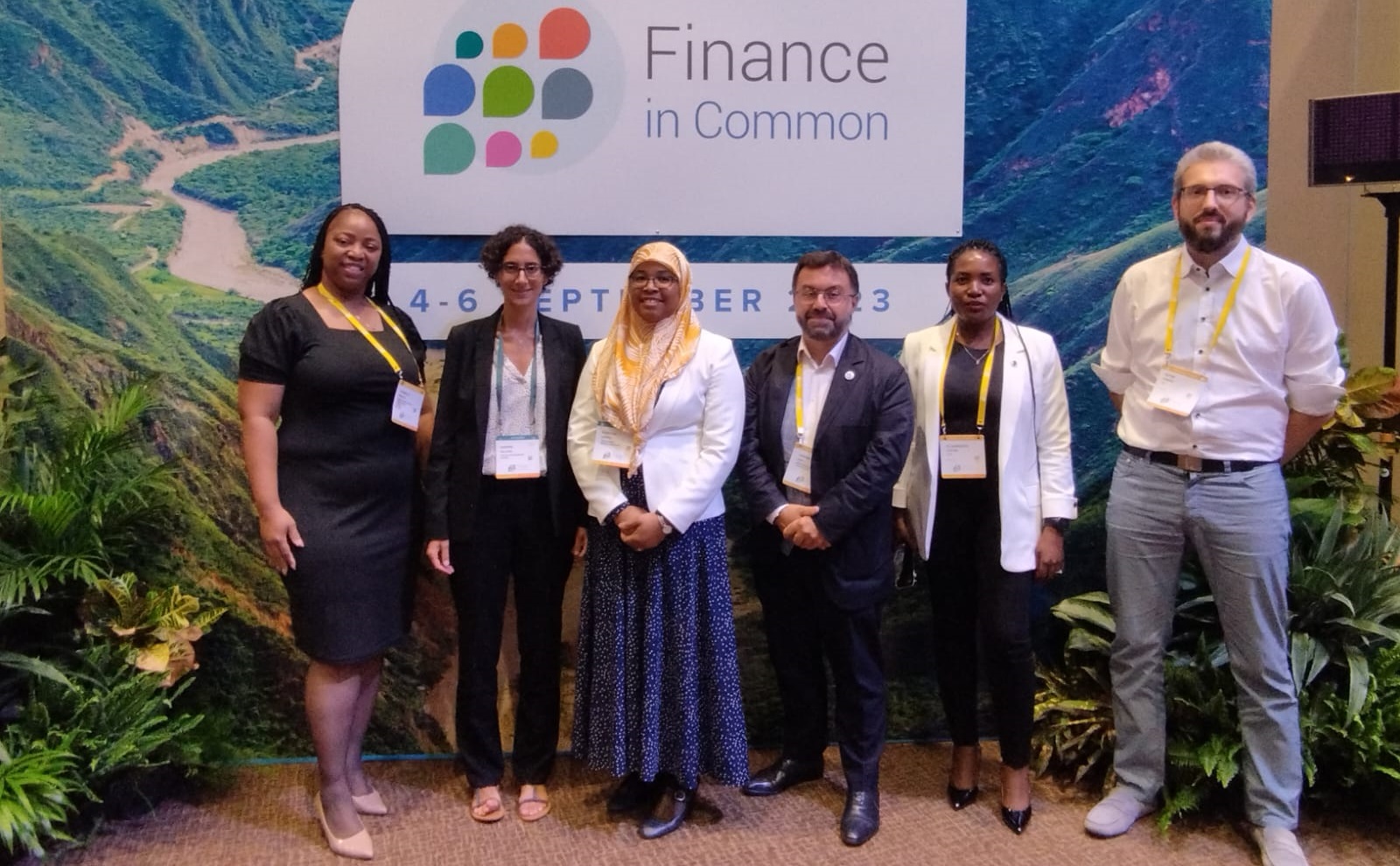
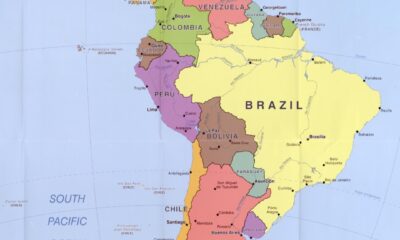
 Latin America and Caribbean1 week ago
Latin America and Caribbean1 week ago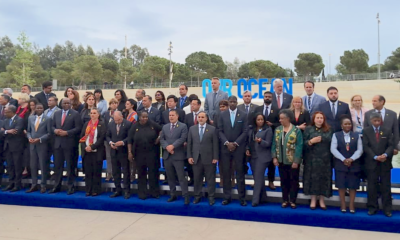
 Bahamas News1 week ago
Bahamas News1 week ago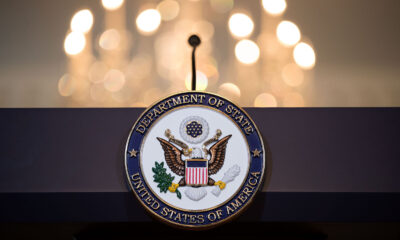
 Crime1 week ago
Crime1 week ago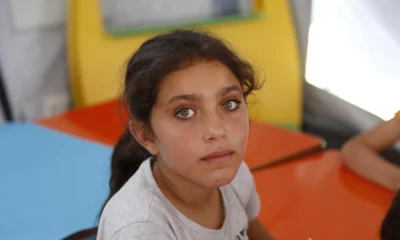
 TCI News2 days ago
TCI News2 days ago
 Crime1 day ago
Crime1 day ago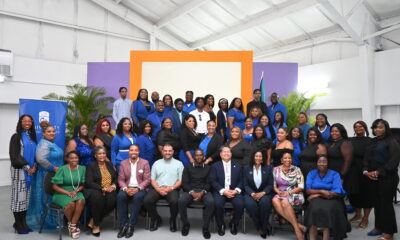
 Bahamas News1 week ago
Bahamas News1 week ago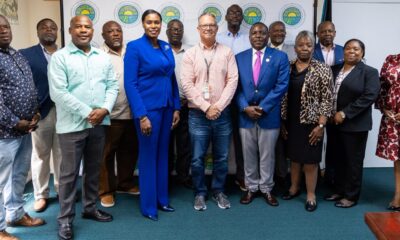
 Bahamas News1 week ago
Bahamas News1 week ago
 Caribbean News1 week ago
Caribbean News1 week ago


